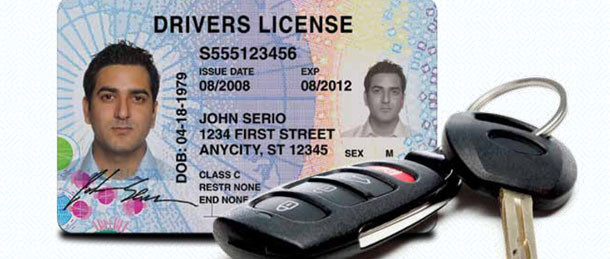ABI: Drop in government, health care smart card shipments
16 December, 2013
category: Government, Health, Smart Cards
Delays in national ID and health care programs have caused ABI Research to predict a drop in smart card shipments for these applications in 2013. ABI forecasted that 435 million smart cards will ship into the government and health care citizen ID market in 2013, a reduction of 6 million when compared to 2012.
The drop in shipments has been directly affected by two primary reasons:
- The market continues to suffer from the on-going effect of project delays with 2013 looking to be no different. Delayed and slow to progress projects include the planned smart national ID card deployments in Russia, Brazil, Poland and France.
- Large-scale projects such as the national ID card in Indonesia and Germany’s smart health care card will reach completion this year. The lion’s share of deployments in these two projects were completed in 2012 with significantly less business forecast for 2013. As a result year-over-year forecasts for worldwide health care and national ID cards are down by 5 million and 24 million respectively when compared to 2012 results.
The market’s susceptibility to project delays was demonstrated in 2013. It is no coincidence that the majority of delayed projects have been in the deployment of ambitious multi-application national ID cards. The complexity of multi-application cannot be underestimated and a factor for consideration when anticipating a projects time to market.
Even so, ABI Research believes the market shows positive signs in terms of the project/business pipeline, specifically within the deployment of health care, national ID and driver license cards with strong growth expected to reignite the market. Additionally, new and next generation card adoption is supporting higher-end interfaces, presenting a higher value proposition.
While 2013 might have been a slower year, the future still bodes well for smart cards in government and health care. “France, Brazil, Russia and Poland all have dual interface national ID card deployments in the pipeline,” says Phil Sealy, research analyst at ABI. “On top of this, Europe is beginning to move to a standardized driver license with optional secure IC integration. This is an option France has already committed to and rumors that the Medicare program in the U.S. will adopt smart technology remain.
“ABI Research believes that the latter could have a significant domino effect on smart card adoption. Private health care providers in the U.S. could follow Medicare’s example and the option of smart card integration into European driver’s licenses provides additional significant future opportunities.”




